Summaries of books about Politics & Social Sciences:
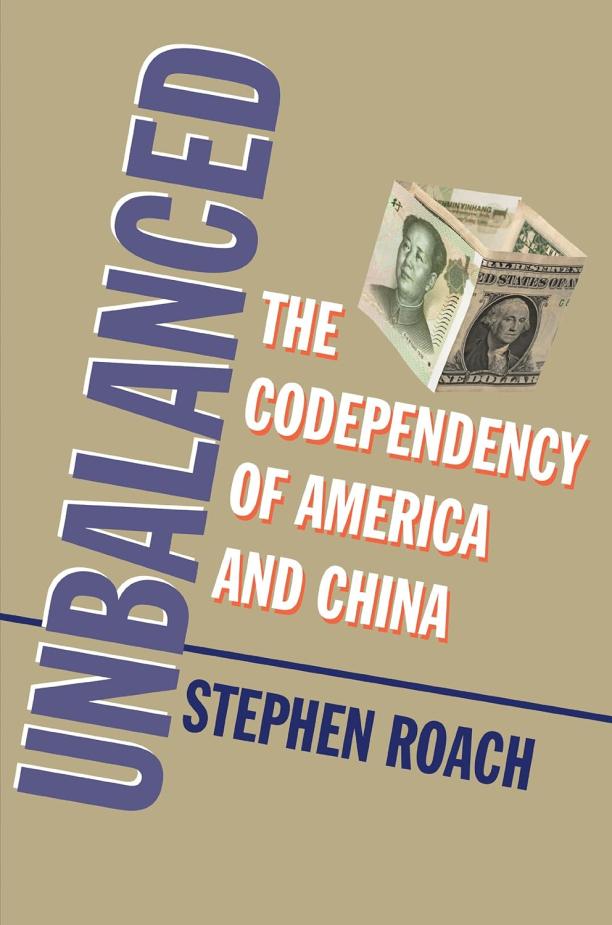
Unbalanced
The Codependency of America and China
Stephen Roach
The book examines the complex and interdependent economic relationship between the United States and China, highlighting the risks and imbalances that arise from America's reliance on Chinese goods and China's dependence on US markets and debt. It discusses the potential consequences of this codependency for global economic stability and offers insights into how both nations might work towards a more balanced and sustainable partnership.
See full summary
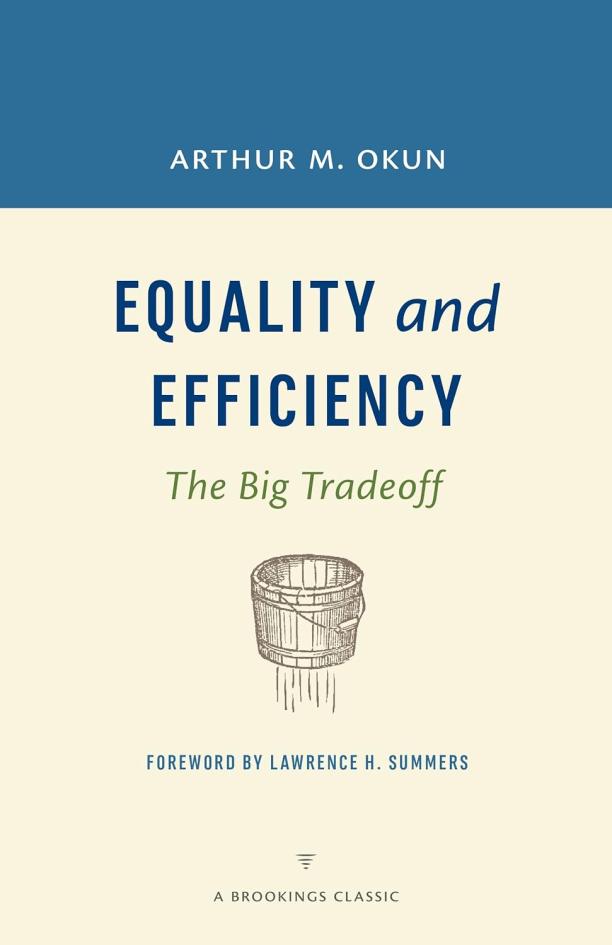
Equality and Efficiency REV
The Big Tradeoff
Arthur M. Okun
The book explores the tension between the pursuit of economic equality and the drive for efficiency that characterizes market economies. It discusses the trade-offs policymakers face when trying to balance these often conflicting goals, and the implications for social and economic policy.
See full summary
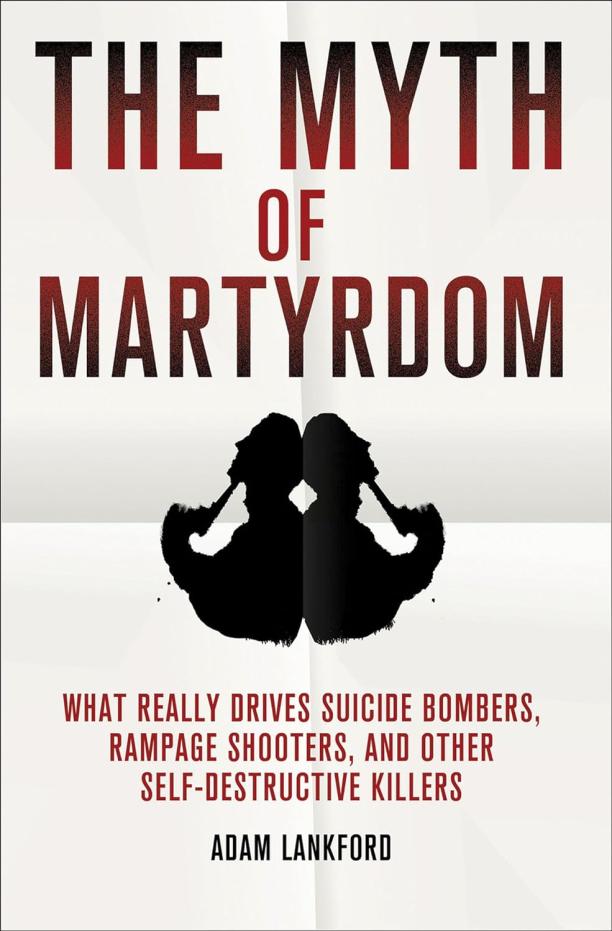
The Myth of Martyrdom
What Really Drives Suicide Bombers, Rampage Shooters, and Other Self-Destructive Killers
Adam Lankford
The book challenges the common perception that suicide terrorists are primarily driven by ideology, arguing instead that they are often motivated by personal despair, mental health issues, and suicidal tendencies. It presents a psychological analysis of self-destructive killers, drawing on case studies and interviews to suggest that these individuals are more akin to conventional suicides than to heroic or altruistic figures.
See full summary
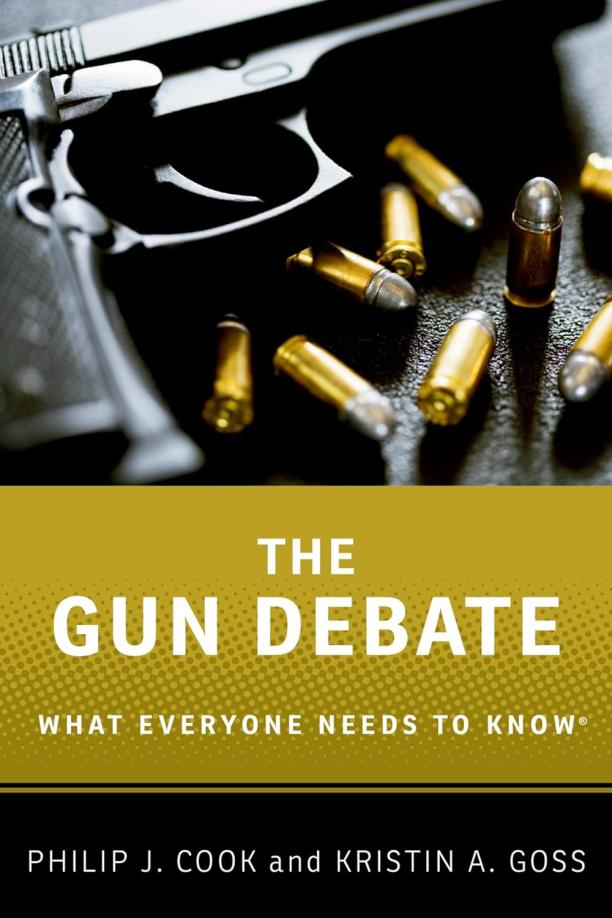
The Gun Debate
What Everyone Needs to Know?
Philip J. Cook|Kristin A. Goss
The book provides a balanced overview of the key issues and controversies surrounding firearms in the United States, including discussions on gun rights, regulation, violence, and public policy. It presents research and statistics to inform readers on various aspects of the gun debate, aiming to enhance understanding and facilitate informed discussion on the topic.
See full summary
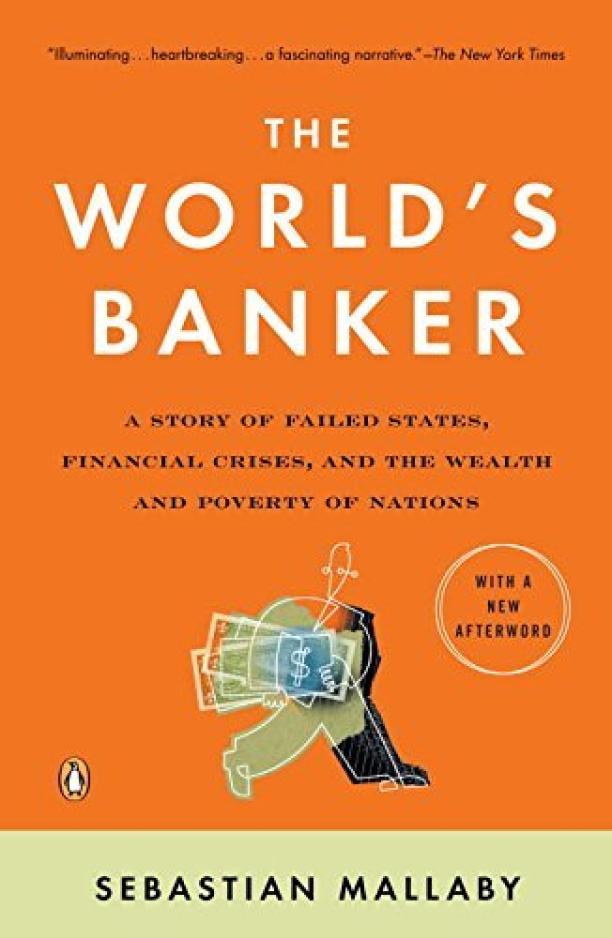
The World's Banker
A Story of Failed States, Financial Crises, and the Wealth and Poverty of Nations
Sebastian Mallaby
The book provides an in-depth look at the history and inner workings of the World Bank, exploring its role in international development and the challenges it faces in addressing global poverty. It examines the Bank's impact on failed states and financial crises, and scrutinizes the complex relationship between the world's wealth and poverty.
See full summary
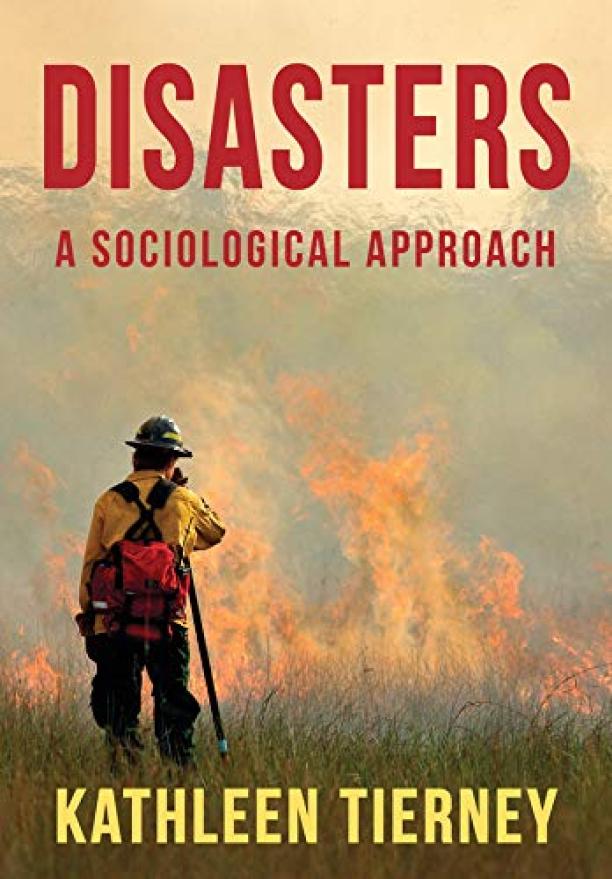
Disasters
A Sociological Approach
Kathleen Tierney
The book examines how social factors shape the impact of disasters and the response to them, highlighting the role of inequality, social networks, and institutional responses. It challenges the notion of disasters as purely natural events, emphasizing the importance of understanding the societal context to improve disaster preparedness and recovery.
See full summary
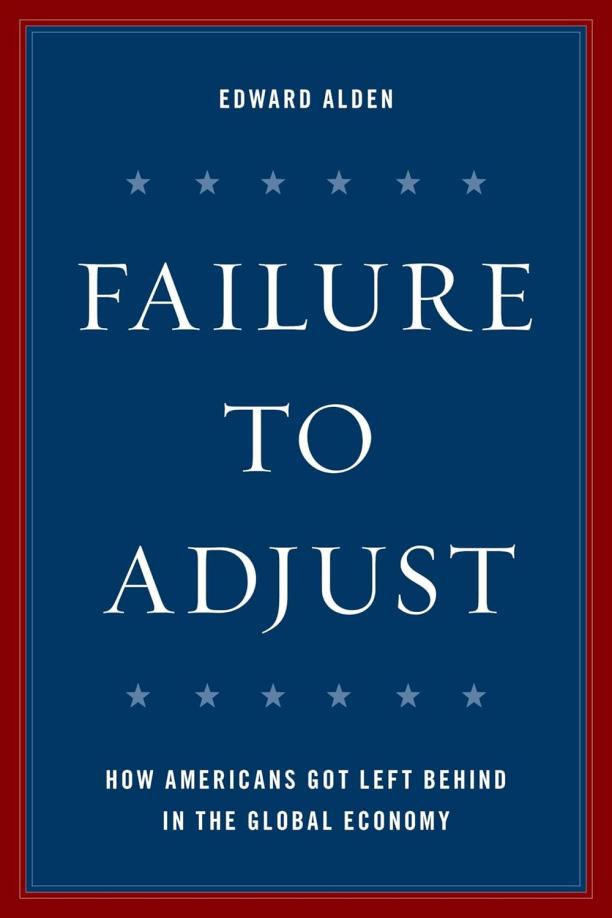
Failure to Adjust
How Americans Got Left Behind in the Global Economy
Edward Alden
The book examines the United States' struggle to adapt to the rising challenges of globalization, including the loss of jobs and declining competitiveness in the global market. It explores the policy failures that have hindered American workers and businesses, and suggests reforms to help the country better manage the forces of economic change.
See full summary
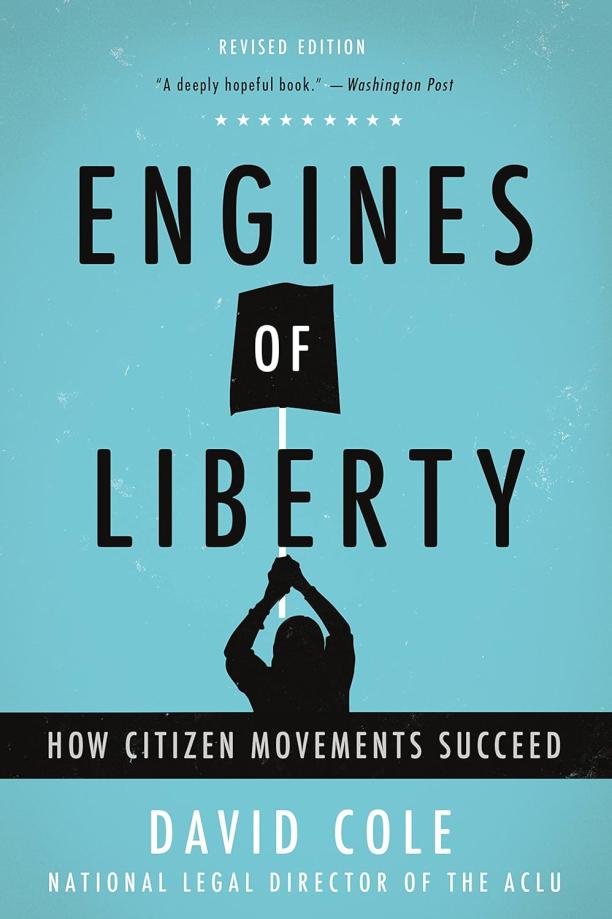
Engines of Liberty
The Power of Citizen Activists to Make Constitutional Law
David Cole
The book explores how dedicated citizen activists have successfully influenced constitutional law in the United States by organizing, persuading, and changing the conversation around key issues. It delves into case studies such as the marriage equality movement, the Second Amendment gun rights expansion, and the free speech protections on the internet to illustrate the transformative power of grassroots activism.
See full summary
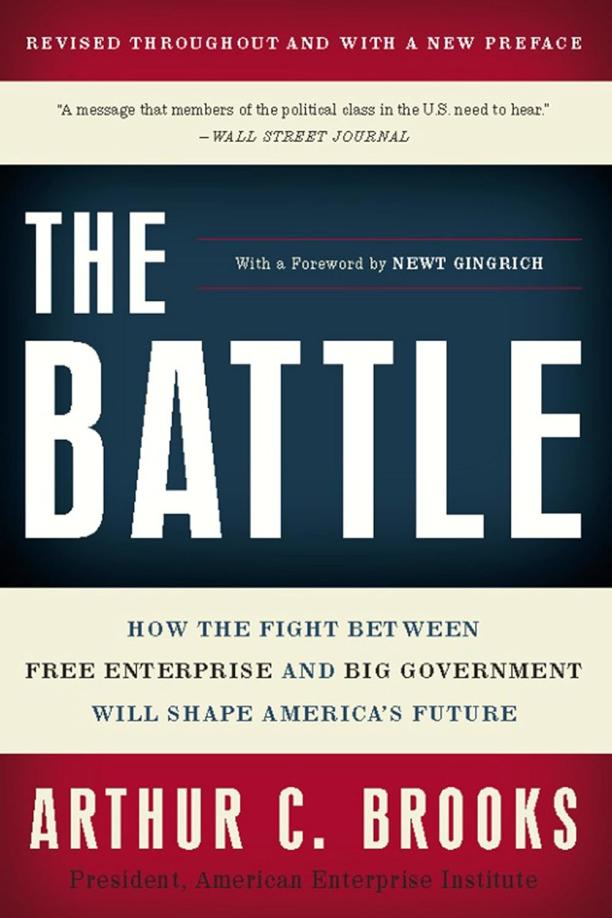
The Battle
How the Fight between Free Enterprise and Big Government Will Shape America's Future
Arthur C. Brooks
The book presents a philosophical and economic argument defending free enterprise as the best system for prosperity and happiness, contrasting it with the dangers of expanding government control. It discusses the cultural and political struggle in America, advocating for limited government and individual liberty as the keys to the nation's future success.
See full summary
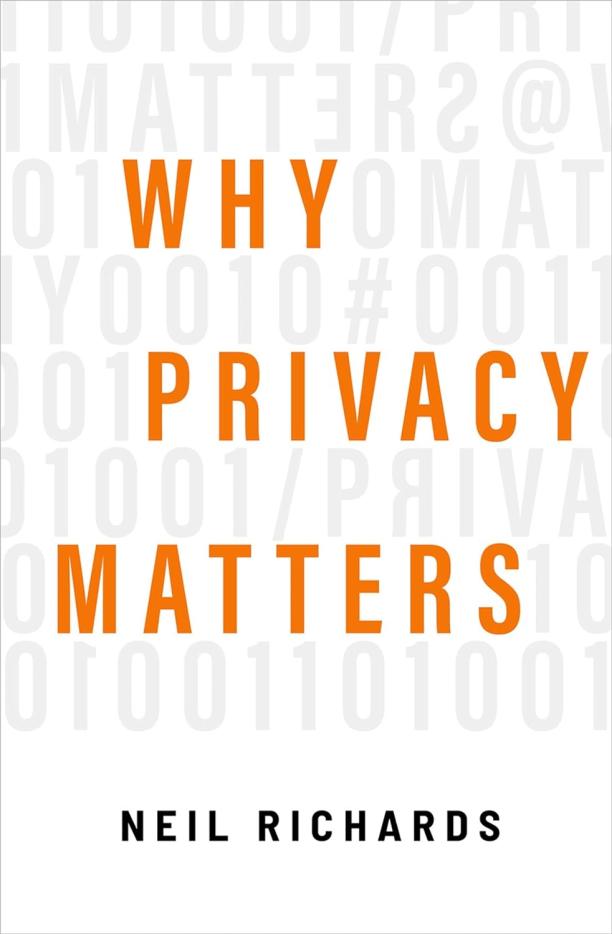
Why Privacy Matters
Neil Richards
The book delves into the importance of privacy as a fundamental human right and its critical role in a functioning democracy. It explores the challenges posed by surveillance and data collection, arguing for the need to protect privacy to ensure individual freedom and societal trust.
See full summary